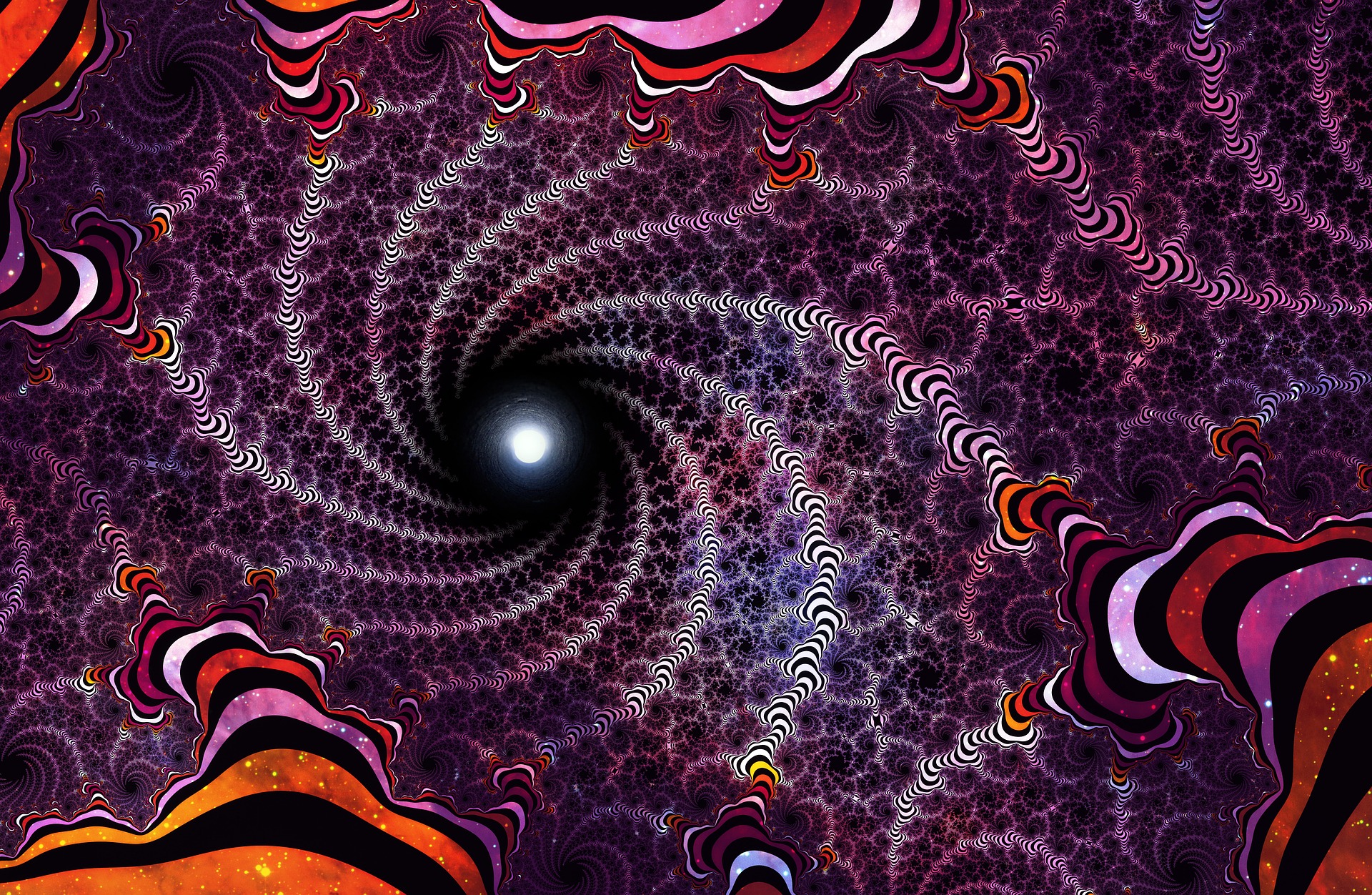The history of ketamine goes back to 1962, when it was first synthesized by American scientist, Calvin Stevens, at the Parke Davis Laboratories. The drug was known as a fast acting anesthetic and, eventually, a recreational hallucinogen. However, in the late 1990s, its antidepressive benefits were discovered. Research performed over the last two decades suggests that ketamine infusions could rapidly and effectively ease symptoms of depression and anxiety in up to 70% of patients, a discovery which marked the beginning of ketamine clinics popping up all over the country.
Ketamine infusions have been found to treat more than just the symptoms of depression, but also the symptoms of anxiety, PTSD, and other psychiatric disorders, as well as chronic pain conditions, such as CRPS and migraine headaches. Although ketamine infusions were able to generate results that no other depression treatment could replicate, ketamine clinics were still met with a lot of controversy due to ketamine’s reputation as a party drug. Many patients are still hesitant to explore the option of ketamine infusions due to their association with recreational use.
However, the recent approval of esketamine has presented ketamine and other psychedelics in a new light. The Food and Drug Administration (FDA) recently granted approval of Janssen Pharmaceutical’s drug esketamine (Spravato). The nasal spray is used in conjunction with oral antidepressants to treat adults who are otherwise resistant to traditional depression treatments. Healthcare providers will be able to prescribe the spray to those who suffer from severe depression, and who have received no benefits from at least two other antidepressant treatments.
Because of this new initiative, doors are now opening for the use of psychedelics to treat mental health conditions. Recently, Denver was the first U.S. city to decriminalize psilocybin mushrooms.
This new initiative makes the personal use of mushrooms, with those who are 21 and older, the lowest possible law priority in Denver. The initiative prohibits the city from spending money to pursue criminal penalties on those 21 or older, although the initiative does not decriminalize the sale and distribution of mushrooms.
This new initiative paves the way for those who have been advocating for psychedelics for mental health treatments. They claim that psilocybin is non-addictive, safe, and that research shows the drug has benefits to treat illnesses such as depression, anxiety and addiction. Even MDMA, also known as ecstasy, has secured FDA-approved studies to treat veterans returning from Iraq with PTSD. A 2008 study found that 80% of PTSD patients received adequate relief through MDMA psychotherapy.
With Denver’s new turn of events, a new path has been paves for the use of psychedelics in mental healthcare. This will eventually give patients and healthcare providers alike a new way to improve the quality of life for those suffering from severe mental health conditions. More research needs to be performed before psychedelics become available to patients—as of right now, ketamine is the only medication available legally off-label. Subscribe to our blog for more information about developments in depression treatment and mental healthcare.
Contact Vitalitas Denver
Vitalitas Denver is one of Denver’s leading ketamine clinics, with clinic locations in Littleton and Westminster, CO. We have performed thousands of ketamine infusions over the years, and are happy to answer any questions you have about ketamine infusions and how they could help you or a loved one. Contact us today and take the first step towards reclaiming your mental freedom.


